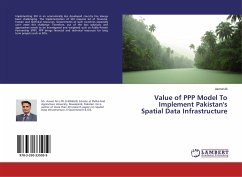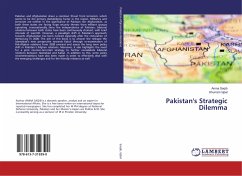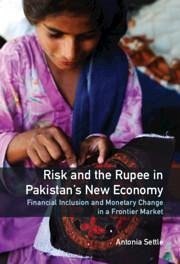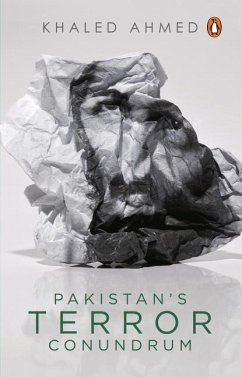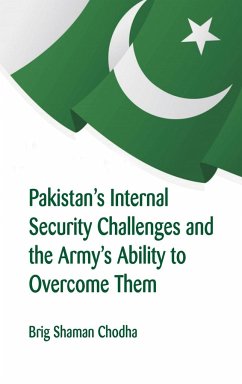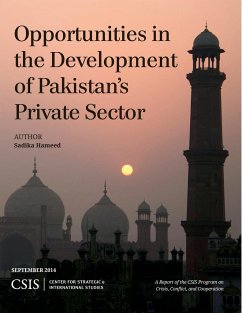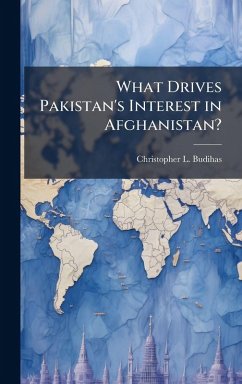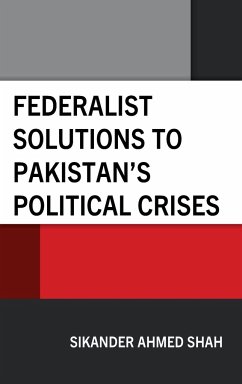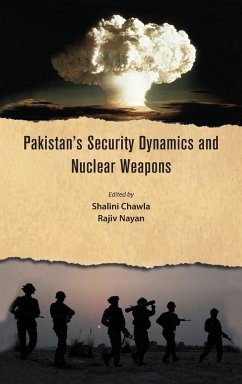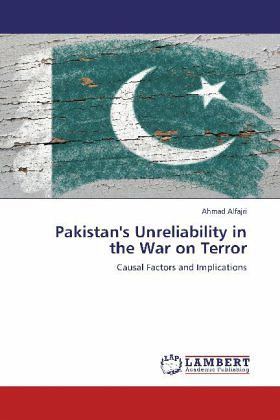
Pakistan's Unreliability in the War on Terror
Causal Factors and Implications
Versandkostenfrei!
Versandfertig in 6-10 Tagen
32,99 €
inkl. MwSt.

PAYBACK Punkte
16 °P sammeln!
Since Pakistan joined the U.S global war on terror, it has consistently played an ambiguous and unreliable role. The US has tried every possible way to encourage Pakistan to be more active in the war. However, its efforts have not changed anything. Therefore, this research intends to reveal causal factors behind Pakistan s apparent unreliability and analyze what are practical and theoretical implications of the situation. This research reveals that Pakistan s unreliability in the war on terror is caused by the motivational deficiencies of its leaders. The motivational deficiencies result from ...
Since Pakistan joined the U.S global war on terror, it has consistently played an ambiguous and unreliable role. The US has tried every possible way to encourage Pakistan to be more active in the war. However, its efforts have not changed anything. Therefore, this research intends to reveal causal factors behind Pakistan s apparent unreliability and analyze what are practical and theoretical implications of the situation. This research reveals that Pakistan s unreliability in the war on terror is caused by the motivational deficiencies of its leaders. The motivational deficiencies result from a combination of Pakistan s vulnerability as a weak post-colonial state, distrust, the security dilemma and a calculation of its political and strategic interests for the future. Pakistan unreliability, in practical terms, has forced the US to rely more on its own forces and intelligence. This situation has also forced the US to set alliance parameters when dealing with weak post-colonial states in the future. In theoretical terms, this phenomenon has revived the importance of the Omni-balance theory in the alliance politics. The case has allowed refinement to be made to this theory



